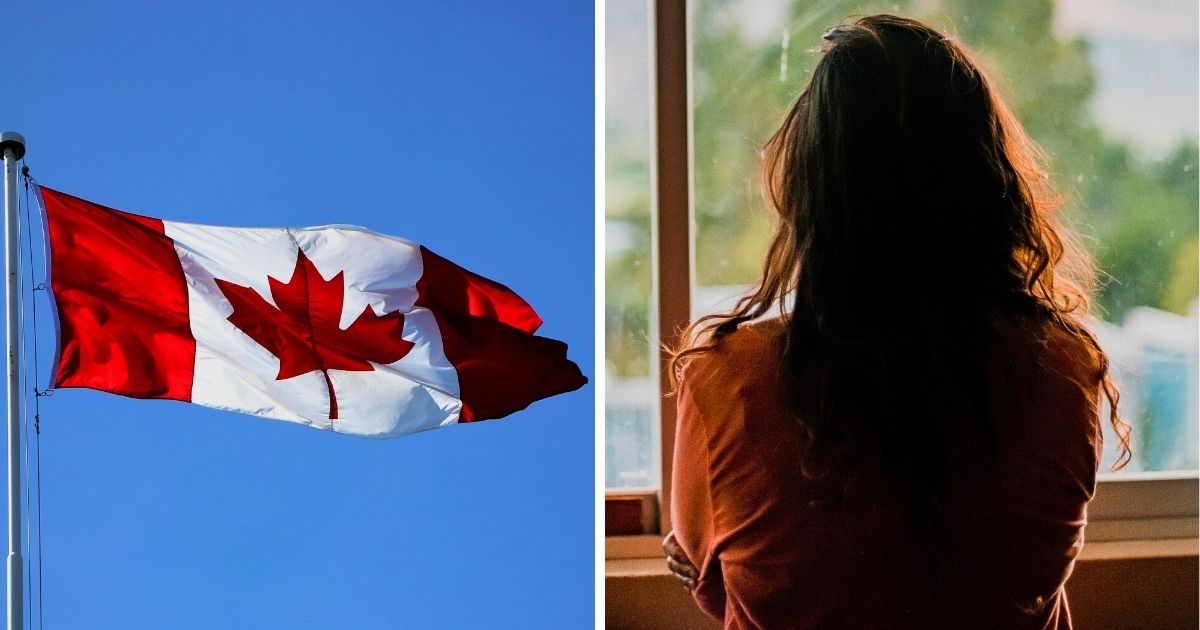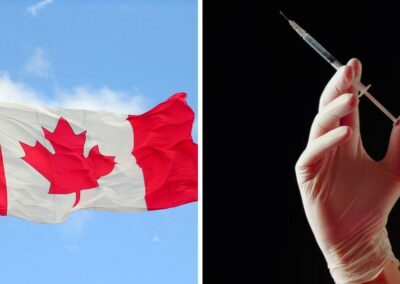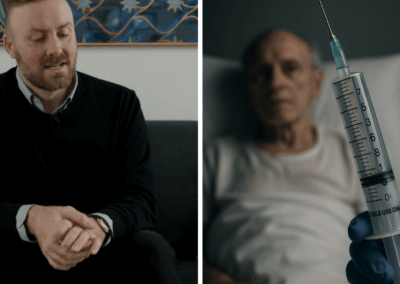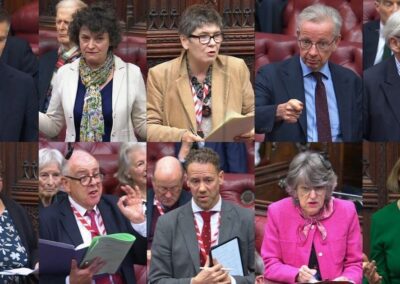The Canadian Government is planning to allow assisted suicide and euthanasia on the grounds of mental illness alone and has calculated that these deaths would save the taxpayer money.
In 2021, the Canadian Parliament removed the requirement that the death of an individual seeking assisted suicide or euthanasia must be “reasonably foreseeable”. From 2023, the Canadian Government is planning to expand the legislation further for those who are suffering from a mental health condition alone.
The legislation will come into force after the two-year sunset clause ends in March 2023. The assisted suicide and euthanasia laws will be expanded to competent adults whose sole underlying condition is a mental illness.
Euthanasia for mental illness
Dr Sonu Gaind, a past president of the Canadian Psychiatric Association, has expressed grave concerns about this legislation due to the difficulty of providing robust safeguards. For Dr Gaind, the most fundamental safeguard has already been bypassed, because there is no scientific evidence, he says, that doctors can predict when a mental illness will be irremediable.
Supporters of the legislation do not wish for people who feel hopeless to end their lives in a time of acute despair. Yet it remains a difficulty both legislatively and practically to distinguish between those who are temporarily suffering in despair, and those with a mental illness from which they no longer wish to suffer and so choose to take their own life.
The extent of the legislation is debated even among its supporters. Dr Jennifer Gaudiani, a medical doctor and proponent of assisted suicide and euthanasia, wrote a controversial paper that sparked an outcry among some colleagues for suggesting people with severe, enduring anorexia — “terminal” anorexia — have access to assisted dying.
Euthanasia is cheaper than medical care
In addition to the soon-to-be expanded law, the potential savings of assisted suicide and euthanasia have been highlighted by Canadian officials for a number of years.
In 2017, the Canadian Medical Association Journal released a report that medical assistance in dying (MAiD) could reduce annual healthcare spending by between $34.7 and $136.8 million.
In October 2020, the Office of the Parliamentary Budget Officer projected that the deaths from assisted suicide and euthanasia would save $86.9 million compared to the healthcare costs they would otherwise have needed to spend.
Euthanasia has been legal in Canada since 2016 for those who are terminally ill. In 2019, however, following the euthanising of Alan Nichols, a former school caretaker who was physically healthy but struggled with depression, the legal requirement that a person be terminally ill before administration of euthanasia was dropped.
The Second Annual Report on Medical Assistance in Dying in Canada 2020 states that euthanasia and assisted suicide deaths account for 2.5% of all deaths in Canada.
In 2018, Roger Foley, a man with a chronic neurological disease, recorded hospital staff offering him an assisted suicide despite him being clear that he wanted assistance to live at home and not to end his life.
In 2020, an elderly woman in Canada was euthanised to avoid having to live through another COVID-19 lockdown.
A 31-year-old disabled woman in Toronto, Canada, is currently nearing final approval for an assisted suicide after her efforts to find housing appropriate for her disability were unsuccessful.
Right To Life UK spokesperson Catherine Robinson said: “The expansion of the euthanasia and assisted suicide law to those with mental health conditions alone is as sinister as it was predictable. Such a law tells those suffering acutely that there is no hope and they would be better off dead. It tells them that their lives are not worth living. Such legislation is a gross attack on the dignity of individual Canadians”.
“In jurisdictions in which assisted suicide and euthanasia are available, the temptation to provide this kind of death for citizens is too great to resist. After all, from the perspective of the state, it can be cheaper to end the life of a citizen than it is to provide support for their continued living. In Canada, euthanasia is cheap, and so is life”.












